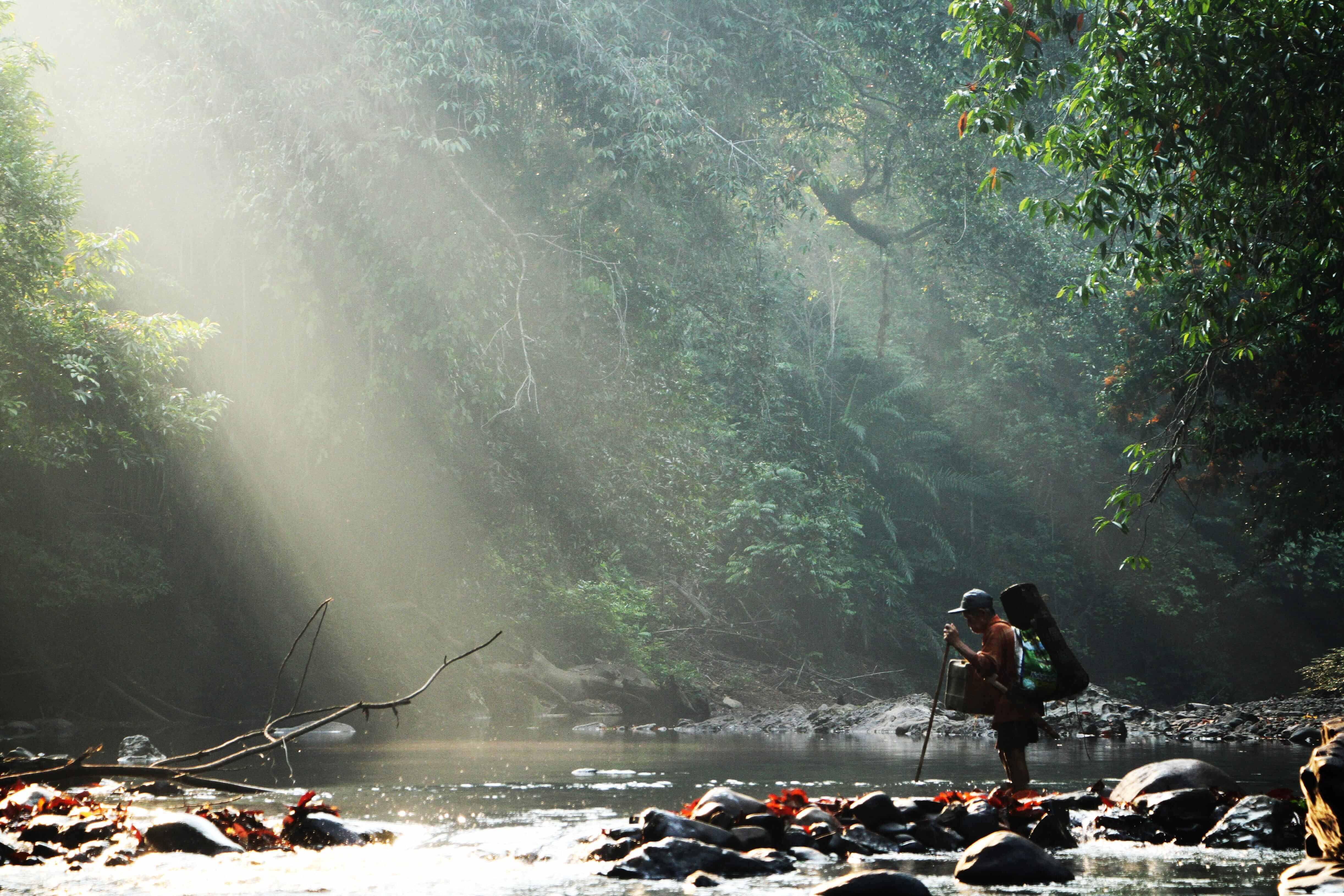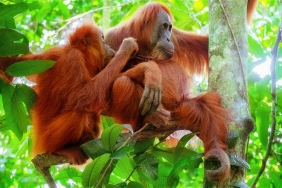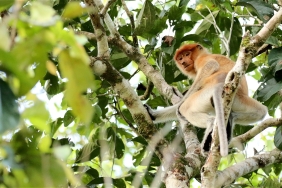RESPONSIBLE FOREST MANAGEMENT THROUGH THE FSC ECOSYSTEM SERVICE CERTIFICATION SYSTEM
By: Agnika Natalia Trita
Indonesian forest is a habitat for unique biodiversity that covers 12 percent of mammal species of the world, 7.3 percent of species of reptiles and amphibians, and 17 percent of bird species worldwide. More than that, forests also contribute to the availability of freshwater and clean air that we enjoy every day.
Unfortunately, Indonesia’s forests are diminishing at an alarming scale as deforestation happened in Kalimantan. In 2016, Kalimantan experienced forest loss, leaving around 50% of the forest from the total area of the island. Conversion into commercial plantations, forest fires, and poor forest management practices are some of the key drivers of deforestation in Kalimantan. To restore the condition forest ecosystem, various efforts have been carried out, including reforestation and restoration activities.
In addition, implementation of responsible forest management through FSC (Forest Stewardship Council) certification approach is also considered to be a positive driver to generate ecosystem service to reward the protection of the forest’s rich biodiversity. FSC’s Forest Certification for Ecosystem Services (ForCES) (http://forces.fsc.org/indonesia.26.htm) is currently implemented and developed in four countries, namely Chile, Indonesia, Nepal and Vietnam.
In Indonesia, there are three selected pilot sites, they are the ecosystem services for protecting the water supply in Lombok Island, ecosystem services for ecotourism in Kapuas Hulu West Kalimantan, and ecosystem services for biodiversity conservation and carbon sequestration and storage in East Kalimantan.
From 2012 to 2015, WWF-Indonesia, Kyoto University, and a partner timber company also have developed a study to assess ecosystem conditions through forest carbon measurements and wildlife monitoring within the concession area. The study recommended a need for capacity building for field staff to monitor the measurement and calculation of biomass (carbon) as well as mentoring the preparation of ecosystem service claim documents.
Furthermore, the recommendations are also used as a basis and evidence that responsible forest management can improve or generate ecosystem services. On May 2017, SGS Qualifor Certification Agency assessed a partner timber company to measure the ecosystem service for biodiversity conservation and carbon sequestration and storage that covers 84.850 ha.
Angga Prathama Putra, Responsible Forest National Coordinator, WWF-Indonesia also revealed that FSC certification gives assurance that the forest is being managed in a way that preserves the natural ecosystem and benefits the lives of local people. “If those impacts can be demonstrated and verified, they will be recognized by the community and valued by the market," continued Angga.
This activity was also supported by Toyota Motor Corporation through its "Living Asian Forest Project" which is a series of activities dedicated toward biodiversity conservation in Southeast Asia and to raise the awareness of the public on environmental issues.





